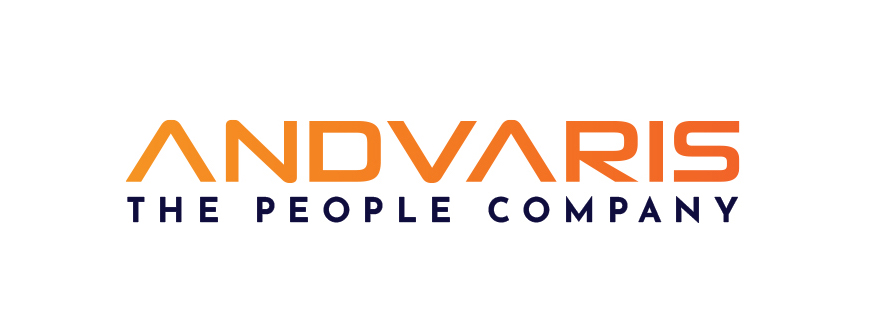Today’s workforce is rapidly moving away from traditional office settings, with more and more organizations embracing hybrid work models. But it turns out this shift can come with a hidden cost: not having established and communicated hybrid work norms can lead to higher employee turnover and reduced engagement. A new report released by Gartner suggests that employees are 12% more likely to leave their workplace if there are no explicit hybrid work norms in place.
The report also found that hybrid teams that share work preferences can experience 8% higher engagement, 7% higher sense of inclusion, and 5% higher performance than teams without. Organizations can drive this engagement even further by introducing frequent remote workdays and meeting-free days – though only 55% of organizations surveyed have frequent remote days, and only 22% have implemented meeting-free days.
“HR leaders must recognize that hybrid work models bring their own set of challenges,” says Caitlin Duffy, director at Gartner HR practice. “Organizations should create more formalized models and establish and communicate hybrid work norms more intentionally and explicitly.”
The findings come from a survey of 3,524 employees conducted between October and November 2022. As the need for hybrid work models continues to grow, this report offers
